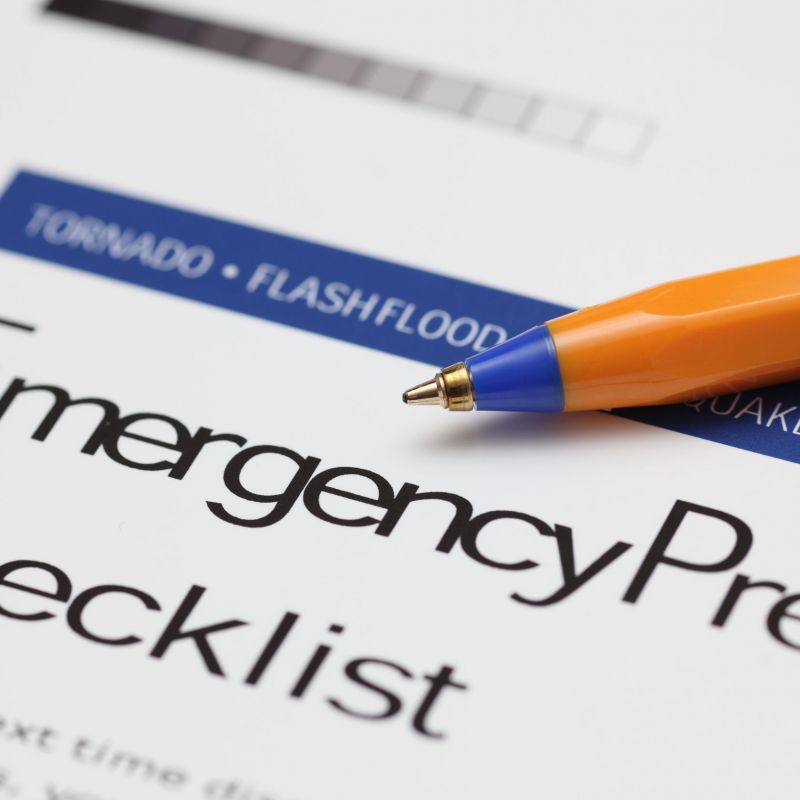iSavta | 10.05.2020

Some people claim we are living in the “end times” - an era before the final end of the world. They say during this time, there will be more calamities and earthquakes. Whether this belief is true or not, being prepared for emergencies is a wise thing to do. Your Local Disaster Relief and Risk Control Agencies are trained to respond to emergencies. They too conduct seminars to better equip the populace should an emergency happen.
While it is safe to stay at home during this pandemic season, being prepared for any emergency is always a sound thing to do. If there’s one thing that will force us to go out of our homes, it’s an earthquake. Earthquakes happen everyday, as the movement in the earth’s core continues. Earthquakes happen even though sometimes we can’t even feel them - hopefully all earthquakes will just be like that. However, we all know that anytime, a strong one could happen, and that could force us out away from the comforts of our “staycations” at home. When emergencies happen, it’s best to be prepared in advance so we aren't caught off guard.
So what are some things we can prepare in advance should an emergency happen? The Federal Emergency Management Agency of the US Department of Homeland Security has recommended many of these important things we need to get ready with:
- Water (needed for both drinking and sanitation; one gallon per person per day for at least three days)
- Non-perishable food (e.g. canned goods and instant noodles)
- Radio (Battery Powered)
- Flashlight (there are chargeable flashlight and radio in one)
- First aid kit (could contain basic over-the-counter meds like paracetamol, burn ointment, cold rub, iodine, cotton swabs, gauze pad, & leukoplast)
- Prescription Medications and Eyeglasses/Contact Lenses
- Extra batteries
- Whistle (can help us make noise to ask for help)
- Mask & *Face Shield (essential in the fight against COVID-19)
- Towelettes/wet tissues, garbage bags and plastic ties (for sanitation purposes)
- Wrench or pliers
- Manual can opener
- Local maps
- Cell phone with chargers and a backup battery
- Easy-to-carry bag (storage of supplies)
Other Emergency Supplies
- Face cloth/Handkerchiefs, soap, hand sanitizer, disinfectants
- Baby Needs - milk, bottles, diapers, wipes and rash cream
- Pet food and water
- Cash/Bank Cards
- Family documents (insurance policies, bank account records, titles)
- Sleeping bag/warm blanket for each person
- Clothing and Shoes (whatever is appropriate for the climate)
- Fire extinguisher
- Matches (stored in a waterproof container)
- Personal toiletries
- Paper plates & cups, dinner napkins, and plastic utensils
- Paper and pencil
- Puzzles, Books, Games or other activities for children
Since emergencies happen unexpectedly, it’s best to store these items in an accessible area of the house (could be an area near the exit). In past experiences, there’s usually not much time to gather these items. So it’s best to prepare in advance whatever is readily available, so when the time comes, like the wise ants, we have already prepared for the rainy season. When we are one step ahead, we will get through this better!



